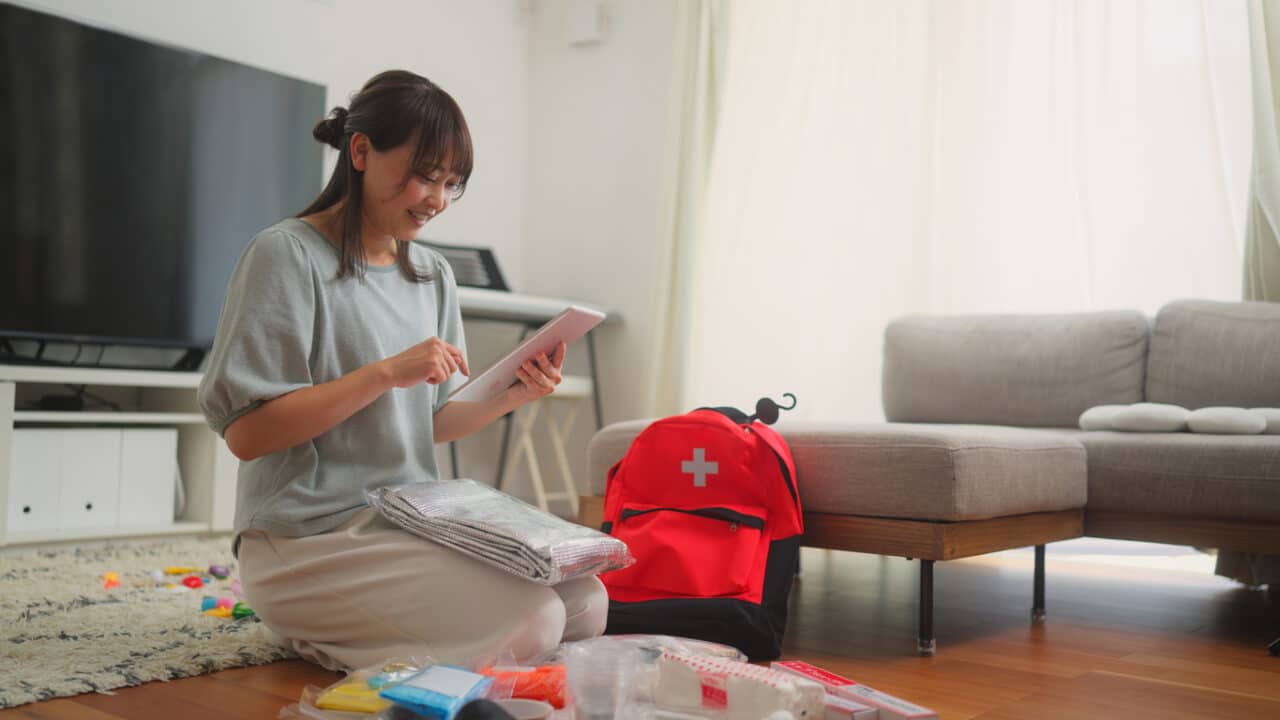Dealing with unforeseen crises or natural disasters can pose significant challenges, and for the roughly 15% of Americans experiencing some form of hearing loss, the situations can cause even more stress. Fortunately, there are several steps you can take to be prepared for emergencies when you have hearing loss and even for your hearing dog.
Essential Preparations for Emergencies

To be well-prepared for scenarios where you might be without electricity, forced to evacuate or facing other urgent circumstances, consider the following actions:
Invest in an emergency weather alert system suited for hearing loss or enroll in a reverse 911 service.
The National Weather Service broadcasts vital weather updates through NOAA Weather Radio (NWR), and compatible receivers can integrate with your home security devices. Additionally, registering for local emergency text notifications can provide critical information promptly. You can sign up for these alerts via the Mobile County Emergency Alert System.
Formulate a plan specific to potential emergencies and establish a reliable support network.
The Federal Emergency Management Agency (FEMA) provides community emergency response training that is accessible to individuals with hearing loss. The training is geared toward preparing you for the most commonly occurring emergencies in your area. To enroll in a local CERT program, visit their website. Additionally, you could research your area’s prevalent natural disasters and the corresponding preparedness measures. Your local library could offer resources on this topic, or you could seek advice directly from your local fire department. It’s also crucial to brief friends, family and neighbors about your emergency plans and familiarize yourself with theirs, ensuring they understand your hearing challenges and the assistive technology you utilize.
Compile An Emergency Kit
To be prepared for any emergency, pack a kit with vital items, which should include:
- Hearing aid batteries for a month or an additional charging unit
- A flashlight with spare batteries
- Notepad and pen for written communication
- A watertight case for hearing aid protection
- A contact list with essential numbers, like your hearing care professional
- A backup hearing aid cleaning set and a tool for battery extraction
- For your hearing dog: a two-week supply of food and snacks, water for the first day, an extra collar and leash, their identification and vaccination records
While it’s hoped you’ll never have to employ your emergency procedures or supplies, being informed and ready to act, as well as informing others who can help ensure your safety, is invaluable. For further guidance on emergency preparedness for those with hearing loss or to learn how hearing aids might be beneficial, reach out to [contact] to schedule an appointment.